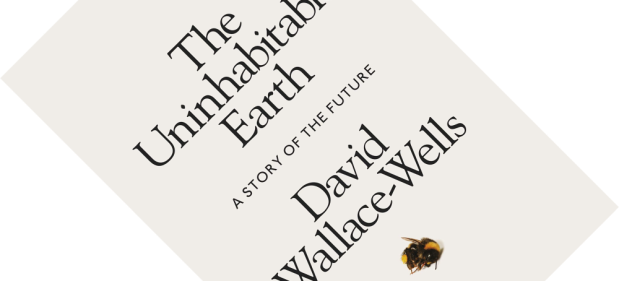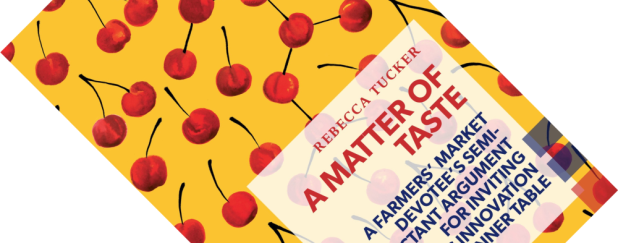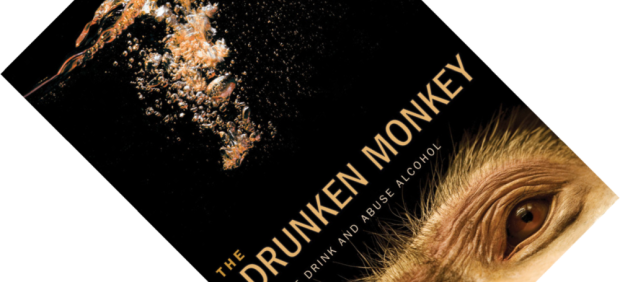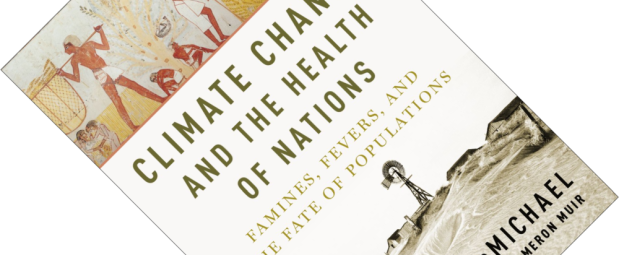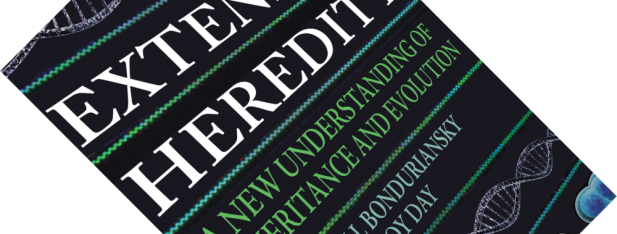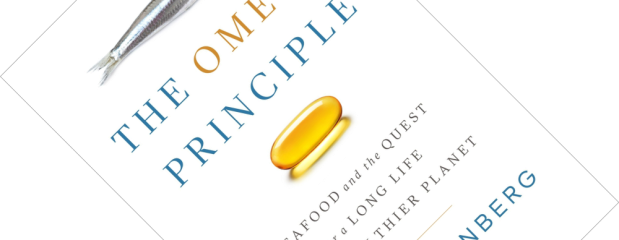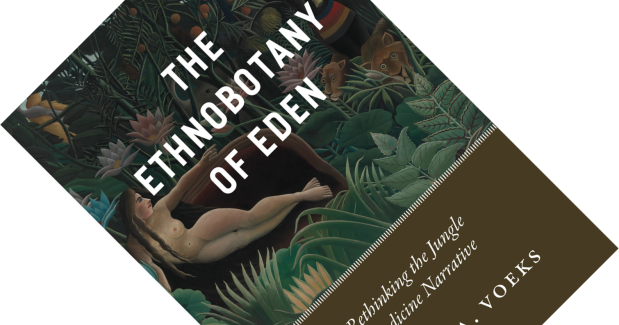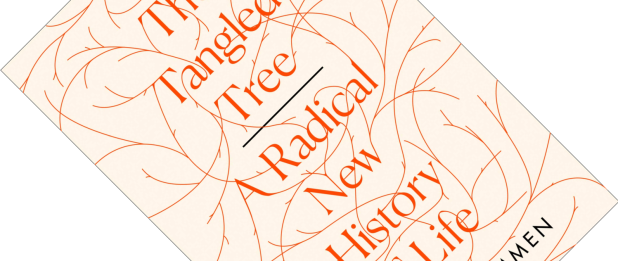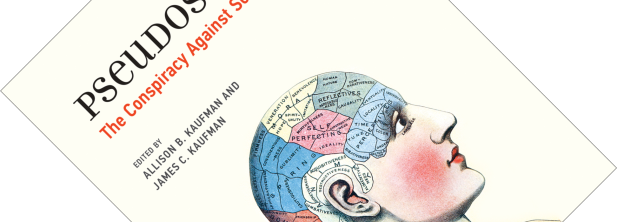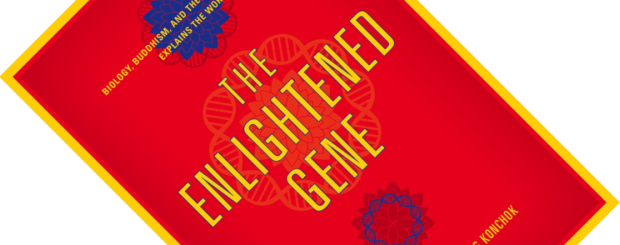“It is worse, much worse, thank you think”. With these ominous words, David Wallace-Wells, deputy editor at New York magazine, starts his no-holds-barred story of climate catastrophe. Pulling together worst-case scenario predictions, he is hell-bent on scaring the living daylight out of his readers by sketching the manifold crises that loom in our near future if we let climate change develop unchecked. He proves a poetic agitator and I admire his outspokenness – I don’t think he is alarmist, but simply saying what many scientist are silently thinking. Whether this divisive approach is helpful is another question, and one for which he has been criticised. It is a price Wallace-Wells is willing to pay, because he thinks most people are not scared enough.
health
Book review – A Matter of Taste: A Farmers’ Market Devotee’s Semi-Reluctant Argument for Inviting Scientific Innovation to the Dinner Table
Food and food production have become incredibly divisive topics. Industrialised agriculture exacts a heavy toll on our environment and a lot of the cheap, processed convenience food on supermarket shelves is not what you would call nutritious. But Toronto-based writer and journalist Rebecca Tucker is troubled by the response. A hazy conglomerate of “good food”, encompassing trendy phenomena such as farmers’ markets, locavorism, organic produce, and whole foods is being pushed as the only pathway to sustainable salvation. In this short book, she pulls no punches and roundly criticises the guilt-tripping, moralising, fanatical side of the foodie movement, while also exploring some alternatives. And it’s about time, because, as she shows, feeling good is not the same as doing good.
Book review – The Drunken Monkey: Why We Drink and Abuse Alcohol
It is tempting to start this review with a nod to Monty Python’s Philosopher’s Drinking Song. But there is a dark side to our use and especially abuse of alcohol, lethal traffic accidents being just one of them. Why are we so enamoured with our booze? With The Drunken Monkey, Professor of Integrative Biology Robert Dudley puts forward the idea that it is linked to the dietary preferences of our primate ancestors who used alcohol as a cue to identify ripe fruit. Is this another evolutionary just-so story?
Book review – Climate Change and the Health of Nations: Famines, Fevers, and the Fate of Populations
When a history book leaves you reeling, you know that it has done its job properly. Climate Change and the Health of Nations is a grand synthesis of environmental history, charting the fate of civilizations and the links between climatic changes and the health of people. It is also a book that almost wasn’t.
Book review – Extended Heredity: A New Understanding of Inheritance and Evolution
In my recent review of She Has Her Mother’s Laugh: The Powers, Perversions, and Potential of Heredity, I mentioned how the concept of heredity has become ever fuzzier the more we have learnt about how traits can be passed to the next generation. We have come from a very gene-centric period in biology, but biologists Russell Bonduriansky and Troy Day are ready to shake up the field. Neither a Lamarckian redux nor an attempt to downplay the importance of genes, this book successfully argues that the time has come to take into account non-genetic forms of heredity. Along the way, they provide a very interesting history lesson on how we got here in the first place.
Book review – The Omega Principle: Seafood and the Quest for a Long Life and a Healthier Planet
American author Paul Greenberg has written two previous books about (eating) fish (American Catch: The Fight for Our Local Seafood and Four Fish: A Journey from the Ocean to Your Plate), so he is no stranger to the rather, errr, fishy topic of omega-3 fatty acid supplements. His new book, The Omega Principle, is much more than just a critique of the supplement industry though. This engagingly written reportage digs far deeper, asking where this oil comes from, and reports on that vast segment of the global fishing industry known as the reduction industry, and a food system out of whack with our needs.
Book review – The Ethnobotany of Eden: Rethinking the Jungle Medicine Narrative
When I reviewed the book Defending Biodiversity: Environmental Science and Ethics, one of the reasons that was discussed as to why we should protect nature was the possibility of undiscovered pharmaceutical drugs. Seasoned ethnobotanist Robert A. Voeks shows that this so-called jungle medicine narrative has a long history. Though partially true, it equally contains parts myth, sentimentality, and nostalgia. However, if you are expecting a sceptical critique of superstitious indigenous practices – I was initially wondering whether the book would – no, this book delivers something far more interesting. Without belittling traditional knowledge, Voeks instead exposes the flaws in our interpretation and delivers a nuanced and fascinating ethnobotanical history lesson to boot.
Book review – The Tangled Tree: A Radical New History of Life
After I recently finished Carl Zimmer’s new book She Has Her Mother’s Laugh: The Powers, Perversions, and Potential of Heredity, I noticed there was one mechanism of heredity he mentioned only ever so briefly: horizontal gene transfer. Since it does not play a large role in humans, it is understandable he left it aside. And doing it justice would have required almost another book. Luckily, science writer David Quammen is here to give us that book.
Book review – Pseudoscience: The Conspiracy Against Science
Fake news, alternative facts, misinformation. These buzzwords have been making headlines all too regularly in the last few years. Who to trust and how to tell apart well-executed science from bunk has become increasingly challenging amidst the information overload of our internet era. The edited collection Pseudoscience: The Conspiracy Against Science brings together 22 contributions that examine the problem of pseudoscience from a variety of perspectives. The unbelievable things people believe in may be easy to mock, but, as this book makes clear, they are no laughing matter.
Book review – The Enlightened Gene: Biology, Buddhism, and the Convergence That Explains the World
I sometimes wonder whether I am a closet Buddhist. Now, I will be the first to admit that I know next to nothing about Buddhism, but what little I have encountered often strikes a chord with me. The Enlightened Gene shows there might be a good reason for this. This book chronicles a most unlikely project: the Emory-Tibet Science Initiative. On the invitation of the Dalai Lama no less (!), Emory University has developed a science curriculum to be taught to Tibetan monks and nuns in exile in India. Spearheaded by professor Arri Eisen and in close collaboration with monk Geshe Yungdrung Konchok, the aim is to integrate modern science (focusing on physics and life sciences, especially neuroscience) into their monastic curriculum.

